President Prabowo’s Foreign Policy: Soft Diplomacy and Youth Engagement at the Forefront
JAKARTA, RAKYAT NEWS – The process of nation-building is deeply rooted in the solidarity and relationships between countries, where the state serves as the conduit for the interactions that define a nation’s identity.
Indonesia, a vast archipelagic nation situated between two continents—Asia and Australia—and two oceans—the Indian and Pacific Oceans—embodies this reality. Indonesia is a melting pot of ethnicities, with thousands of distinct groups stretching from Sabang to Merauke and from Miangas to Rote Island.
The country’s rapid demographic growth, fueled by a booming youth population, reflects its diverse and dynamic identity.
Indonesia’s national independence and sovereignty were achieved not only through internal efforts but also with the vital recognition of other countries. This recognition, both de facto and de jure, helped solidify Indonesia’s position on the global stage.
Throughout its history, Indonesia has been represented by numerous national figures—such as Soekarno, Mohammad Hatta, Sutan Sjahrir, and others—who conducted diplomatic efforts to secure Indonesia’s independence.
Each presidential administration in Indonesia brings its unique approach to foreign policy, with Indonesia known for its active and independent stance in international relations.
The Early Steps of President Prabowo Subianto’s Foreign Policy
With the election of President Prabowo Subianto in 2024, Indonesia enters a new chapter in its leadership. The early days of President Prabowo’s administration have already set the tone for the nation’s foreign policy, which will shape Indonesia’s interactions with the world in the years to come. As we know, foreign relations can take various forms—bilateral, focusing on the needs and interests of two countries, and multilateral, where many nations come together to address shared concerns.
Shortly after his inauguration, President Prabowo embarked on his first official foreign trips, visiting China, the United States, Peru, Brazil, the United Kingdom, and the United Arab Emirates. This reflects his administration’s intent to broaden Indonesia’s diplomatic reach.
Foreign policy is critical to Indonesia’s future, as it must be aligned with national priorities and global opportunities. In this context, Prabowo’s administration has also shown interest in strengthening ties with international organizations, as exemplified by Indonesia’s participation in the BRICS summit, with Foreign Minister Sugiono representing the president in Kazan, Russia.
PB HMI’s Analysis and Recommendations
Muhammad Arsyi Jailolo, the Chairperson of International Relations for the Indonesian Student Association (PB HMI), provides an insightful analysis of Indonesia’s evolving foreign policy under President Prabowo.
He emphasizes the importance of diplomatic initiatives that are accommodating to the interests of Indonesia, its regional partners, and the global community. These diplomatic strategies should align with Indonesia’s national goals as enshrined in the 1945 Constitution and Pancasila, particularly in the areas of food sovereignty and industrial development.
A key consideration for Indonesia’s future is addressing global environmental challenges. With increasing industrial activities and geopolitical tensions, environmental issues have risen to the forefront. As an equatorial nation, Indonesia must take an active role in addressing global challenges, such as human rights issues, colonial legacies, and regional conflicts. Indonesia’s position should be one of advocacy for minority rights and sustainable practices, both in the region and globally.
The Role of Youth and Student Organizations in Soft Diplomacy
PB HMI also highlights the critical role that youth and student organizations can play in soft diplomacy. These groups are uniquely positioned to foster understanding and cooperation between Indonesian citizens and those from other nations. Through cultural exchanges, academic collaborations, and diplomatic outreach, young Indonesians can contribute to enhancing the nation’s diplomatic efforts, both bilaterally and multilaterally.
In addition to diplomatic efforts, Indonesia must address ongoing challenges, such as the alarming rise of human trafficking. Indonesian nationals have fallen victim to trafficking rings, forced into exploitative labor conditions in countries like Myanmar and Cambodia. The Indonesian government, led by President Prabowo, must prioritize the safety and well-being of its citizens abroad, ensuring that Indonesian migrant workers are protected from abuse and exploitation.
Regional Challenges and Global Responsibility
Indonesia’s leadership role in ASEAN places additional responsibility on the country to address regional challenges. Issues such as the plight of the Muslim minority in Patani (Thailand), the Rohingya crisis in Myanmar, and the ongoing conflict in Mindanao (Philippines) demand urgent attention. As the current ASEAN chair, Indonesia must leverage its influence to mediate these longstanding issues, promoting peace and stability in the region.
Moreover, the South China Sea dispute remains a critical concern, particularly near the Natuna Islands. This strategic area, rich in oil and gas reserves, is vital for international shipping lanes and energy security. Indonesia must assert its sovereignty over these waters while seeking peaceful resolutions to the territorial disputes involving neighboring countries.
Conclusion: A Call for Strategic and Inclusive Foreign Policy
PB HMI urges the Indonesian government to pursue a foreign policy that is not only proactive but also inclusive of all sectors of society, particularly the youth. Through soft diplomacy and active participation in global and regional dialogues, Indonesia can strengthen its position as a responsible and influential global actor. In doing so, Indonesia can safeguard its national interests, promote peace and security, and ensure the well-being of its citizens both at home and abroad.
As President Prabowo continues his diplomatic efforts, the Indonesian government must remain committed to the principles of sovereignty, human rights, and sustainable development, ensuring that Indonesia’s foreign policy reflects the aspirations of its people and contributes to a more just and equitable world. (Uki Ruknuddin)


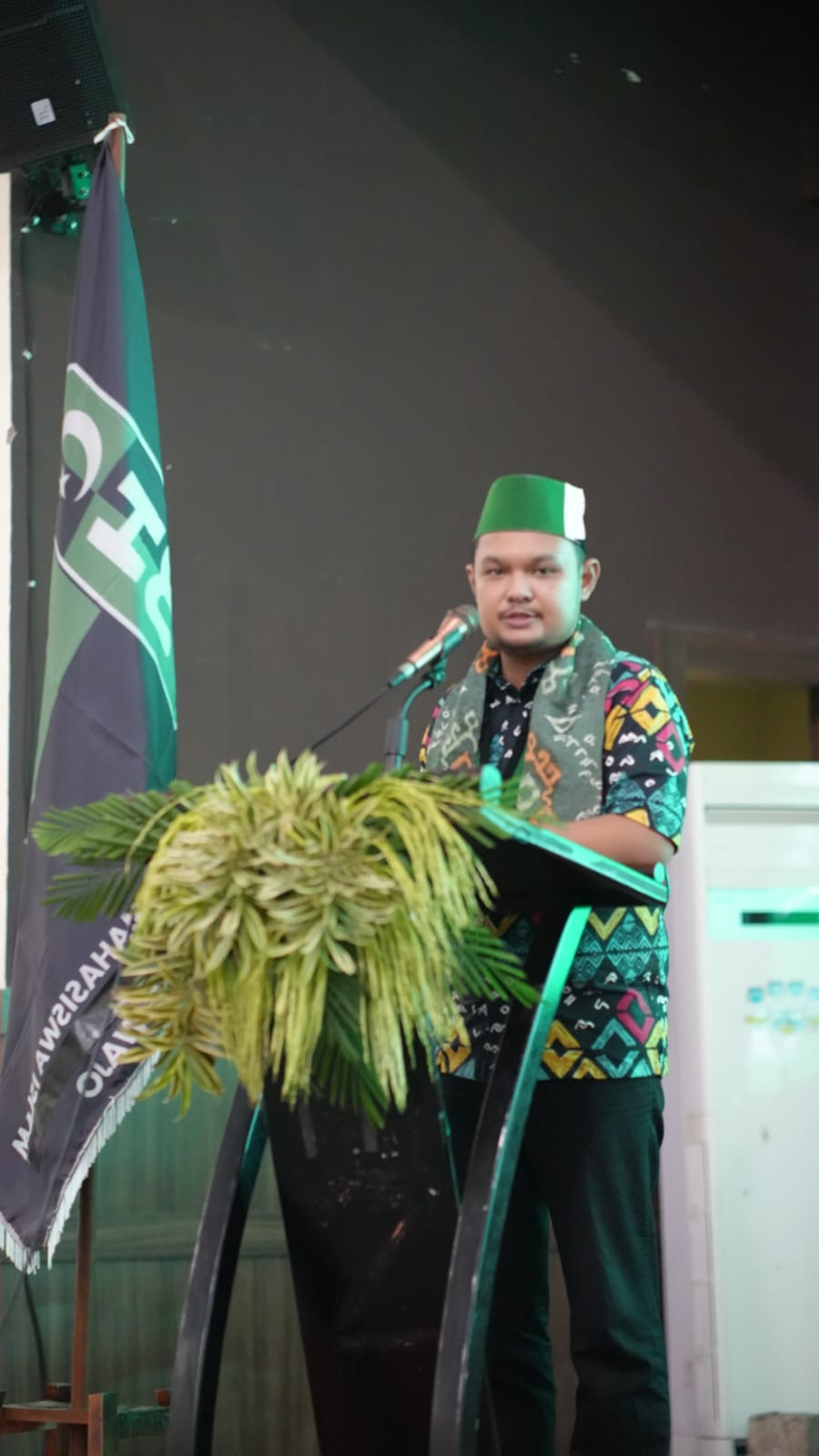






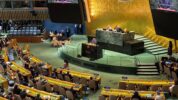
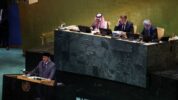





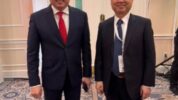
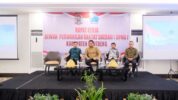
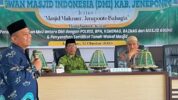




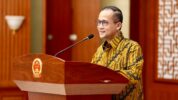
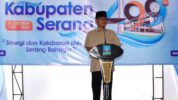


Tinggalkan Balasan